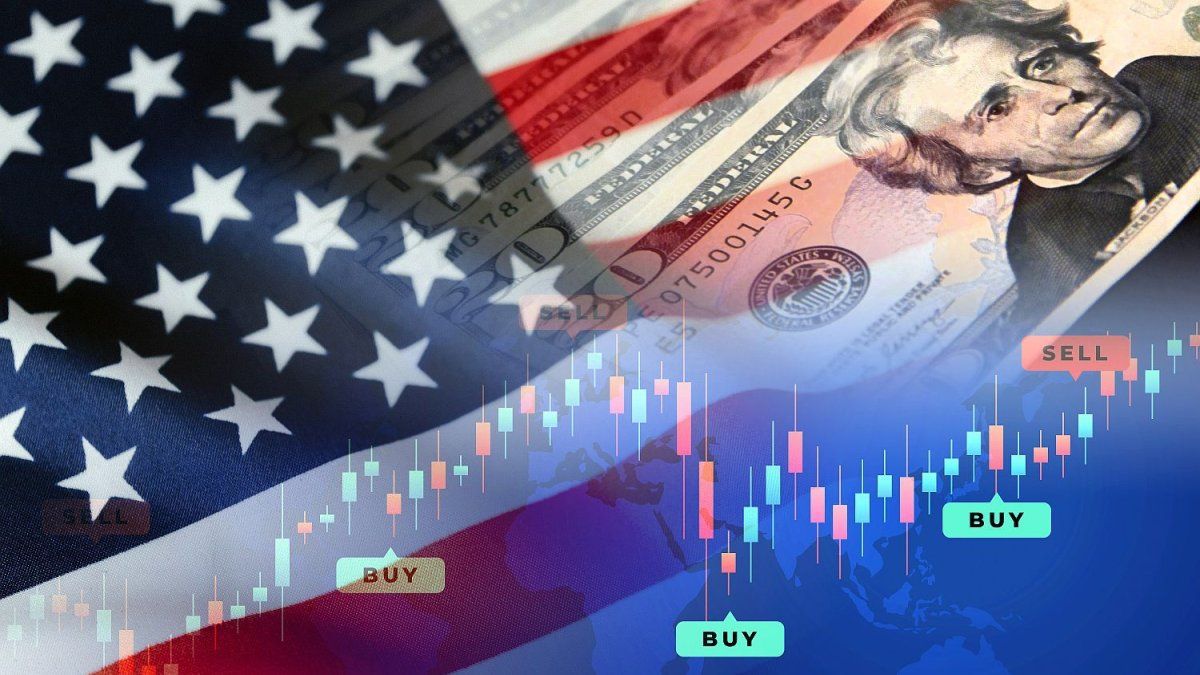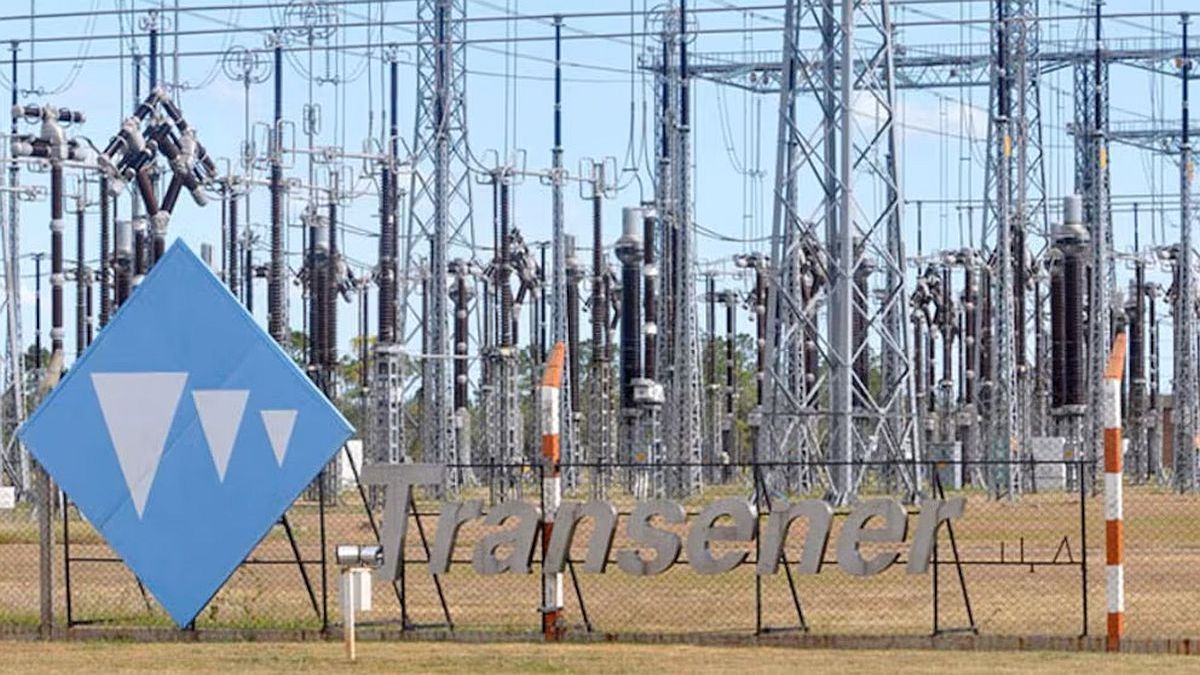Kamala Harris or Donald Trump? It is the appointed hour, and the definition of the electoral race is a coin toss. And note that the most serious thing would be if the law of gravity is not fulfilled. That the scrutiny becomes complicated “a la Bush versus Gore” (2000) and its outcome remains in suspense. The agony could very quickly escalate into high tension and violence.
Of course it doesn’t have to be that way even if the dispute is close. Four years ago, Joe Biden defeated Trump by a razor-thin margin in the Electoral College. And Justice endorsed it expeditiously. There was no anxiety, although Trump, it is known, continues to allege massive fraud, and millions of his supporters believe him seriously.
However, no matter who wins, or even if no one wins for a while, The stock market has unwavering confidence in the future of the bull market, which has already advanced more than 60% from its bottom and has just completed its first two years. The virulence of the campaign did not dampen his appetite. The Dow Jones, S&P 500 and Nasdaq all set new highs in October. And its most recent avatars moved to the rhythm of balance sheets, not barricade speeches. If they were mediocre, it is the fault of Meta and Microsoft and not of the politicians.
The economy is its main safe passage. It grew 2.8% in the third quarter, slightly below expectations due to a trade balance deficit that widened beyond calculations. Internally, final purchases by the private sector increased 3.2% – with a strong presence of consumption – confirming exceptional robustness. And at the same time, inflation – measured by the consumption deflator – fell to 2.09% in the last twelve months to September, the closest it has been to the official goal since the beginning of 2021.
It has already been said: The legacy of the Biden Administration is enviable. And it includes the FED’s manifest willingness to sustainably cut its interest rates. The fact that, in October, as was learned on Friday, the labor market created only 12 thousand net jobs – destroying 28 thousand in the private sector – did not change the vision. Two hurricanes – Helene and Milton – and the Boeing strike relativize the value of the figures.
There is an alternative way to calmly evaluate the situation. Initial claims for unemployment benefits shot up from 225,000 to 260,000 in the first week of October, setting off the alarm. However, four weeks later, they had already dropped to 216,000, the most ridiculous record since April. Much ado and, in the end, nothing. The stock market didn’t take it badly either. All the more reason, on Thursday, the FED will lower its rates by a quarter of a point. Just in case.
Wall Street rises because it doesn’t care about the name of the next president, or because it deduces that it will be Donald Trump? The bets favor the Republican, it is evident. The results of early voting also wink compared to 2020. But it is not a guarantee of anything. And the stock market is not unaware of it. That is why this last week she unraveled the extreme optimism that drove her during the month, and settled into a neutral position, waiting for events.
It is anecdotal, but revealing, that the most pro-Trump transaction of all has fallen apart in the run-up to the vote. Indeed, the stock of Trump Media & Technology Group Corp. (DJT) sank more than 10% on Friday. And 20% in the last five wheels. Did something happen in the campaign? Trump had an advantage in all betting markets – Polymarket (58%), Predict It (54%) and Kaishi (55%) – but, as Tu Sam said, he can fail. And in that case, the company that owns Truth Social won’t be worth much and the paper will be torn to shreds. Late on Saturday, a survey by Ann Selzer surprised. He gave Kamala victorious in Republican Iowa. And in Predict It, on Sunday, Harris came out on top (57%). On the other hand, with atherosclerotic Biden or without Biden, whether Harris or Trump wins, Wall Street has its own strength to keep pace with the bulls. If the White House enabled autopilot – and shelved the election promises – it would be even better.
With Treasury bonds it is a different story. They are not mobilized by faith but by fear. Harris or Trump? One platform seems bad to them and the other, much worse. The idea of an uncontrolled fiscal deficit – and an overabundant supply of bonds – is difficult for them to digest. The FED reduced the short rate by 50 basis points on September 18. Since the day before, long rates rose 80. On Friday, after the poor employment report, and discounting that the FED will cut another 25 basis points on Thursday, they rose 10.
They are two trips in reverse. Powell going downhill from 5.50% to 4.75%. The ten-year rate, from 3.60% to 4.39% and going up the elevator. His tenacious reaction is a warning to sailors. Whoever reaches the White House should pay attention. If he pursues a lackadaisical fiscal agenda, he will have his strongest opposition in the bond market. And, if so, sooner or later, the FED will have to review its plans. And the stock market, even if the economy swells with vigor, will have to retract its valuation multiples, accommodate them to higher long rates, and take in its sails. That he still remains indifferent reflects the conviction that, whether Harris or Trump, the success of the soft landing, which has already avoided so many dangers, will not be spoiled by politics.
Source: Ambito
I am an author and journalist who has worked in the entertainment industry for over a decade. I currently work as a news editor at a major news website, and my focus is on covering the latest trends in entertainment. I also write occasional pieces for other outlets, and have authored two books about the entertainment industry.




